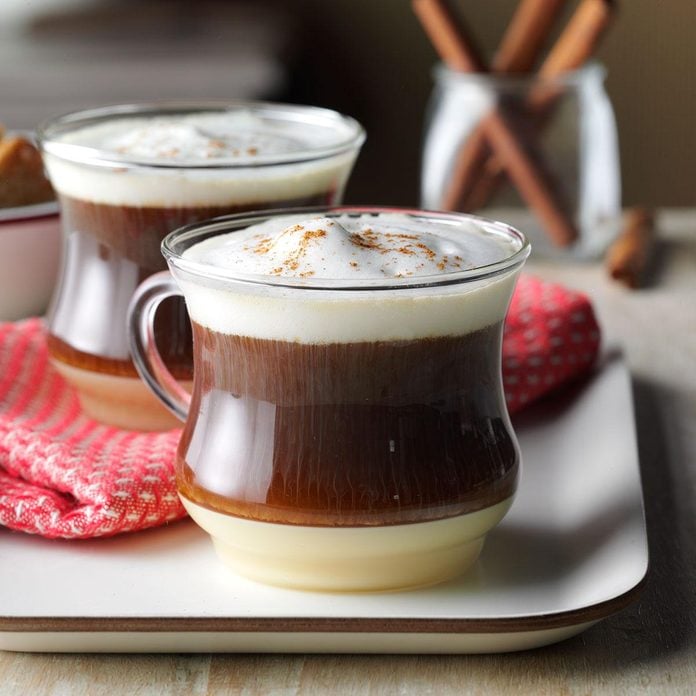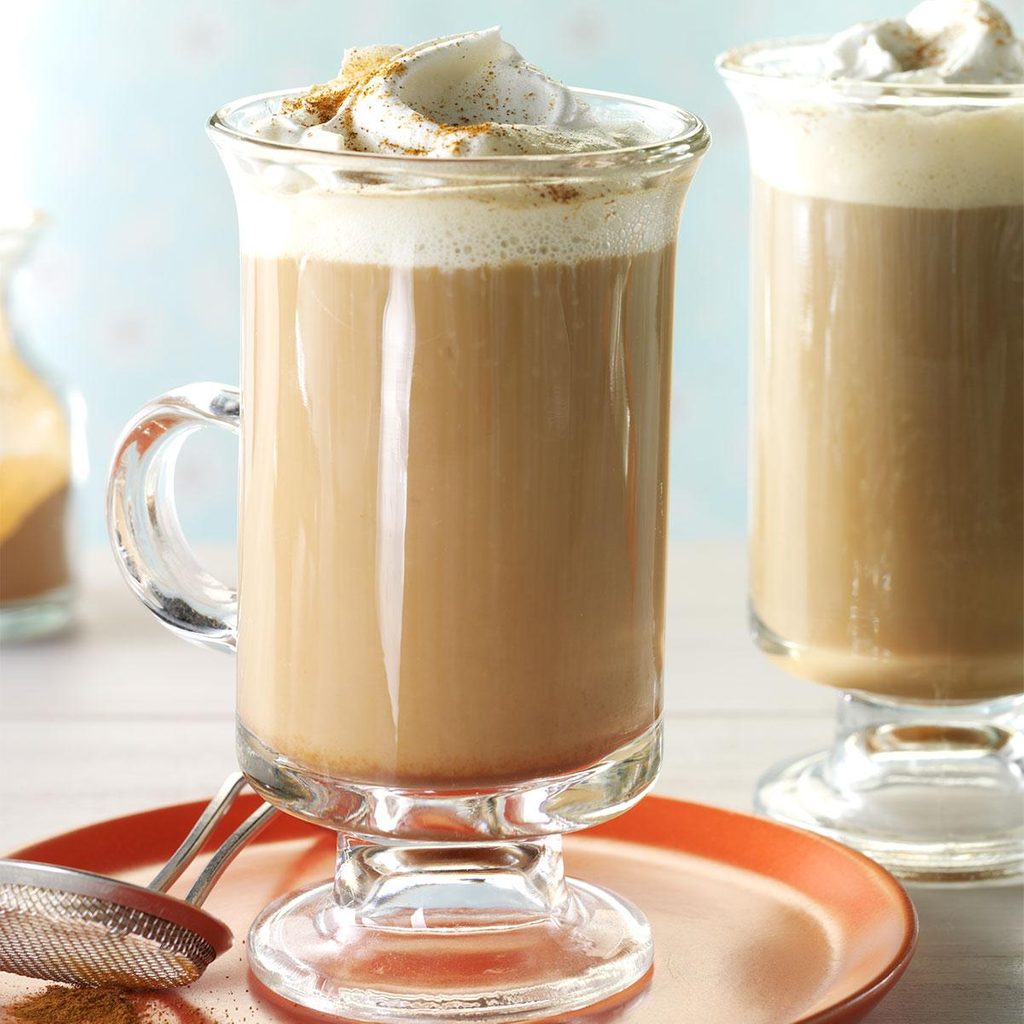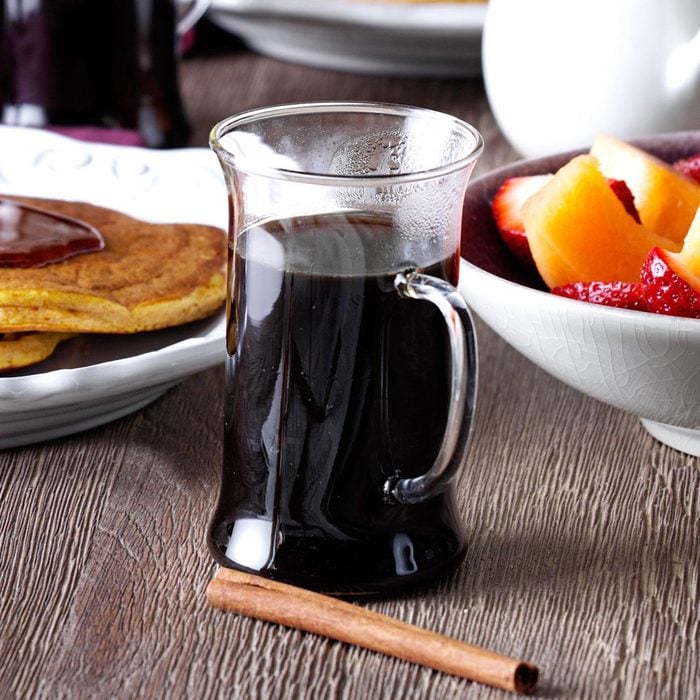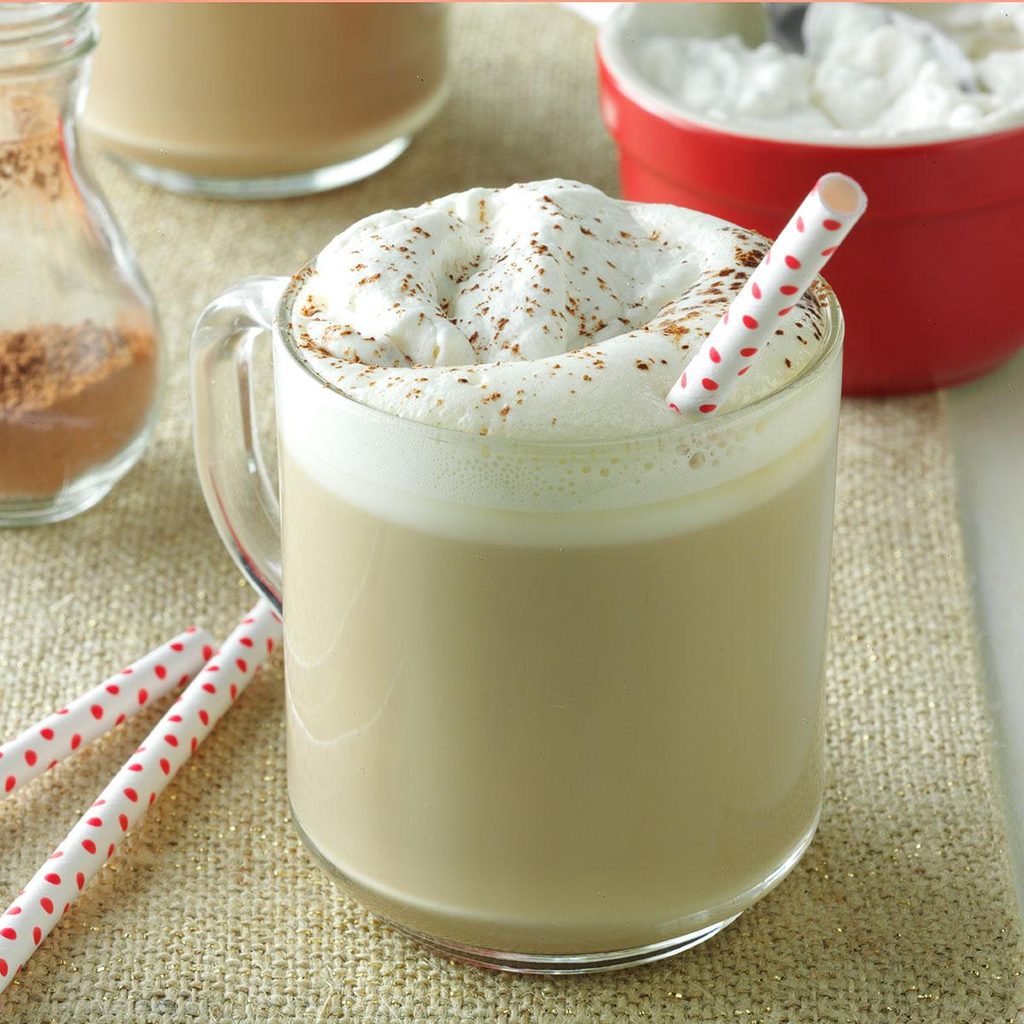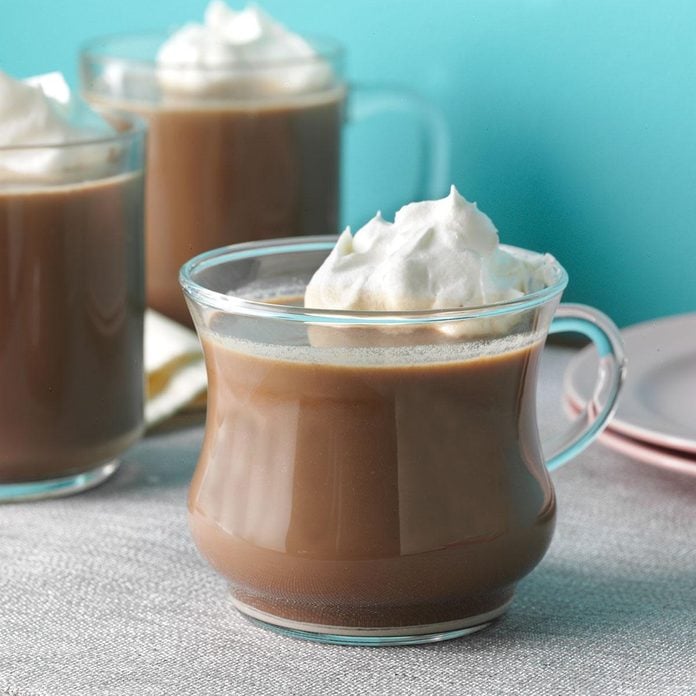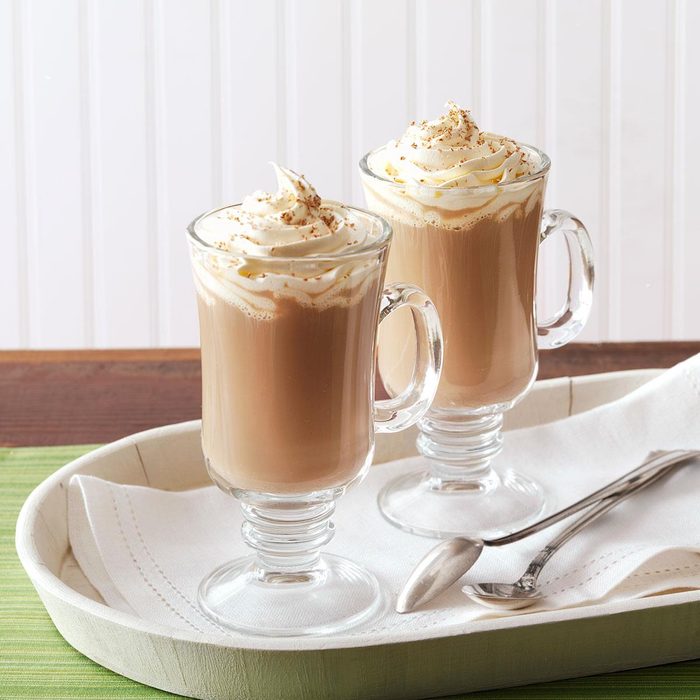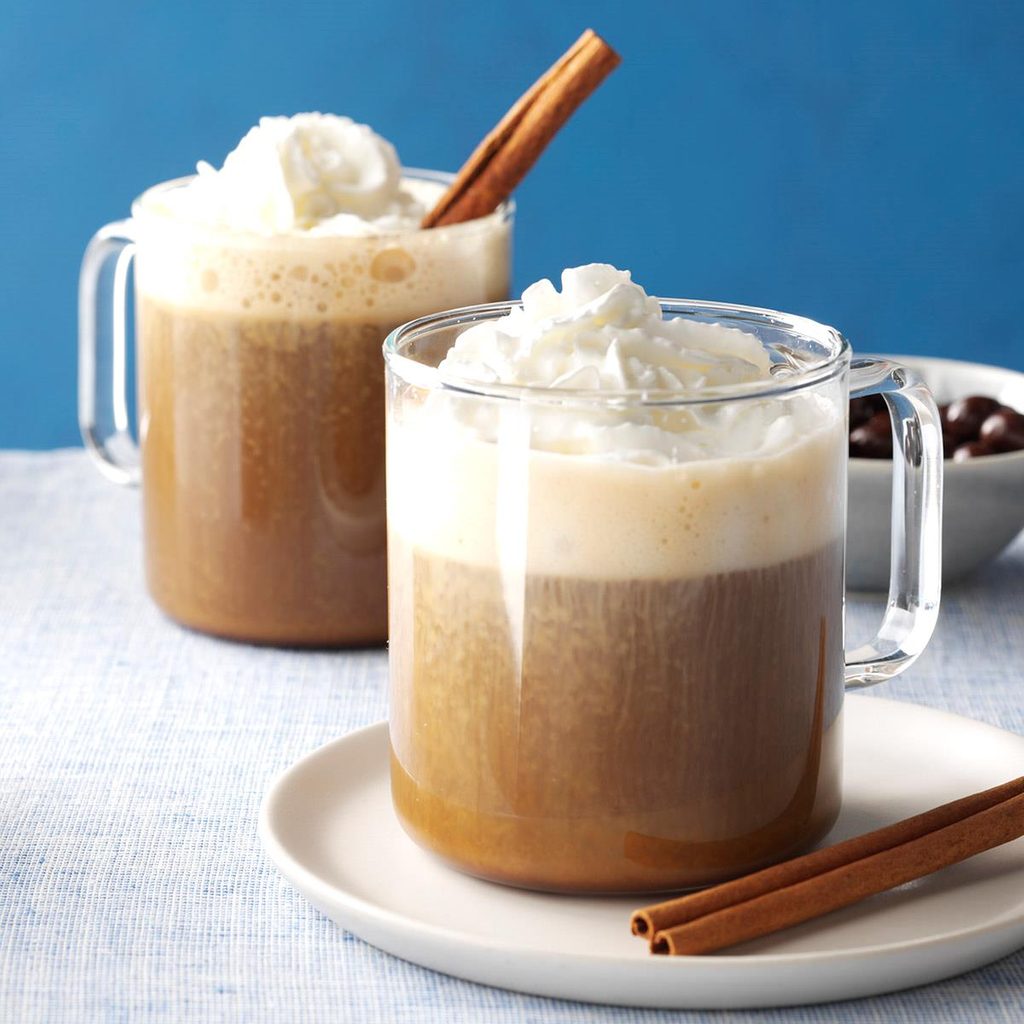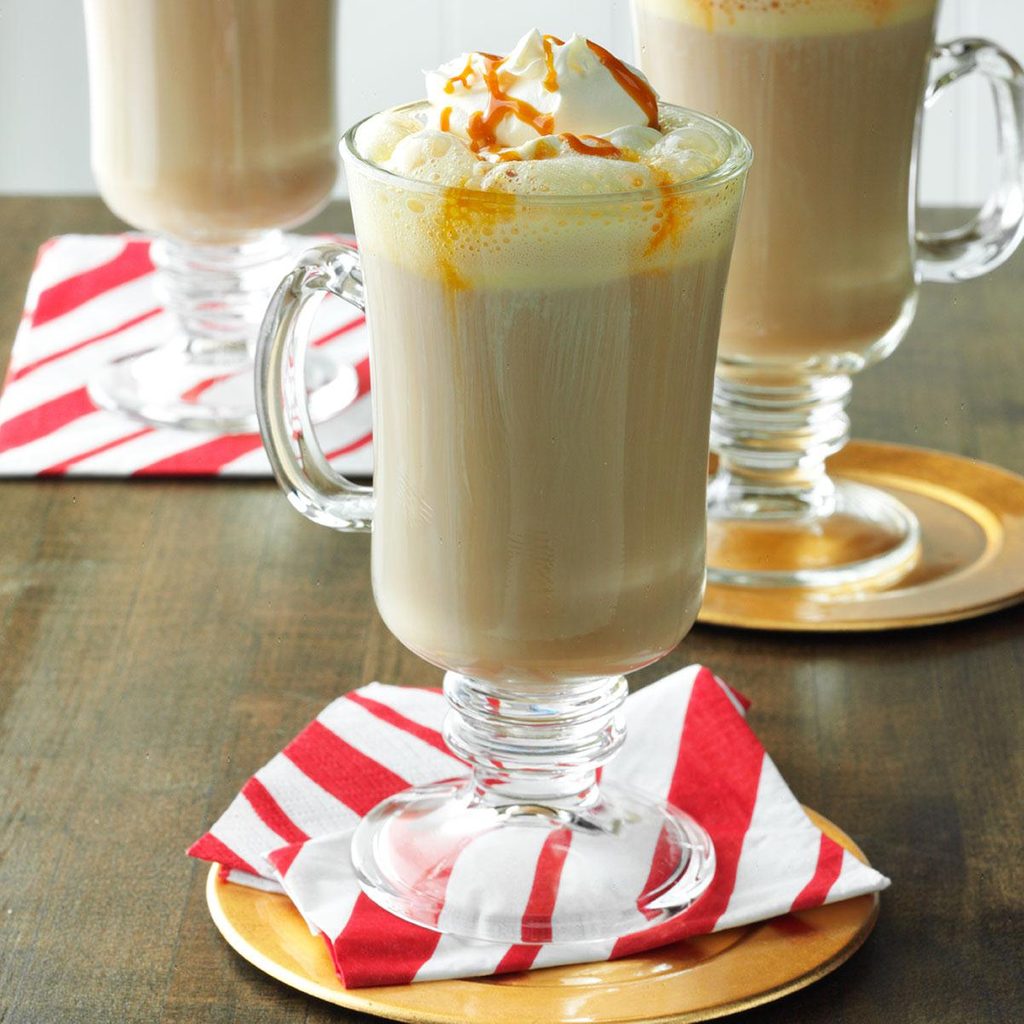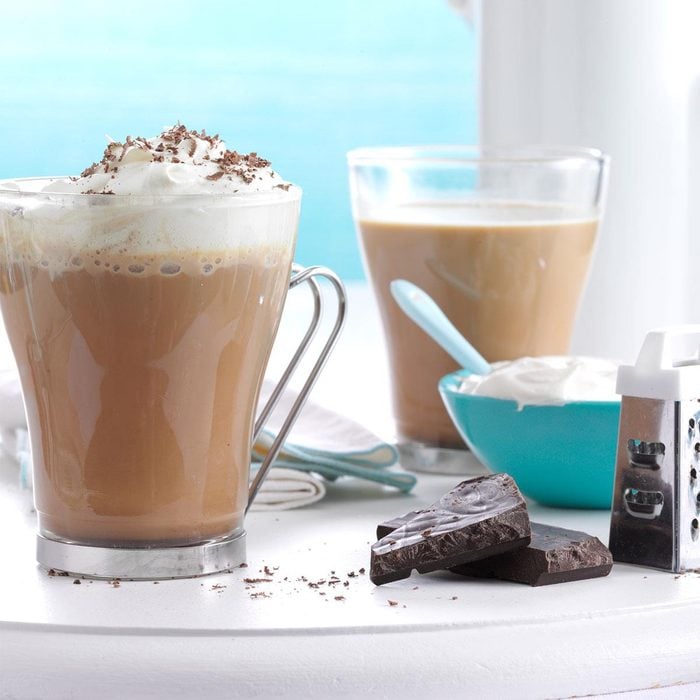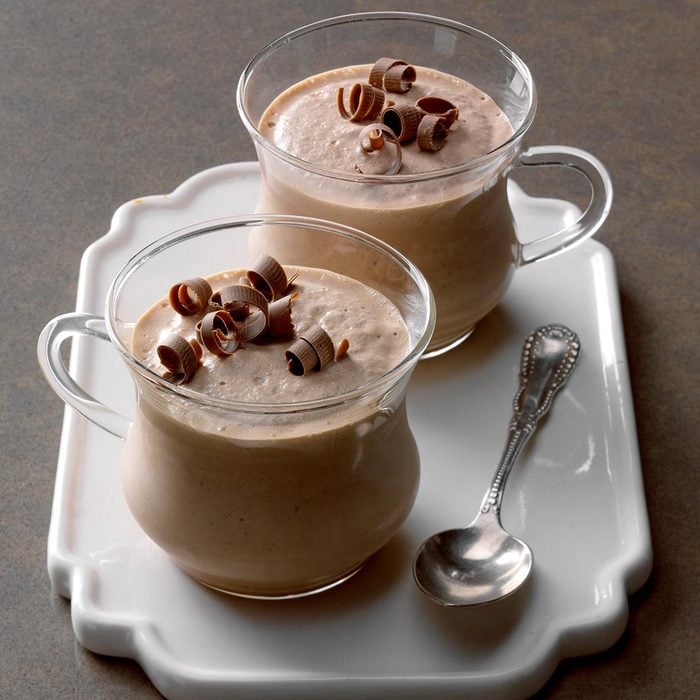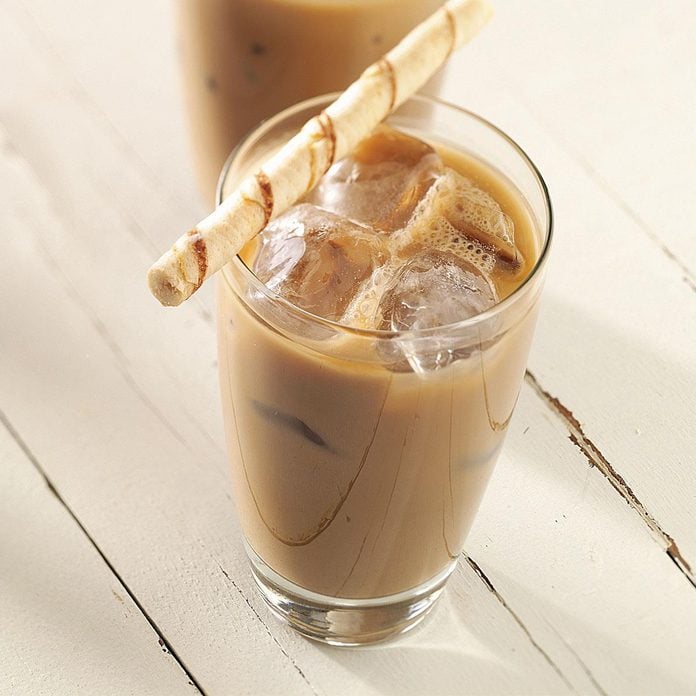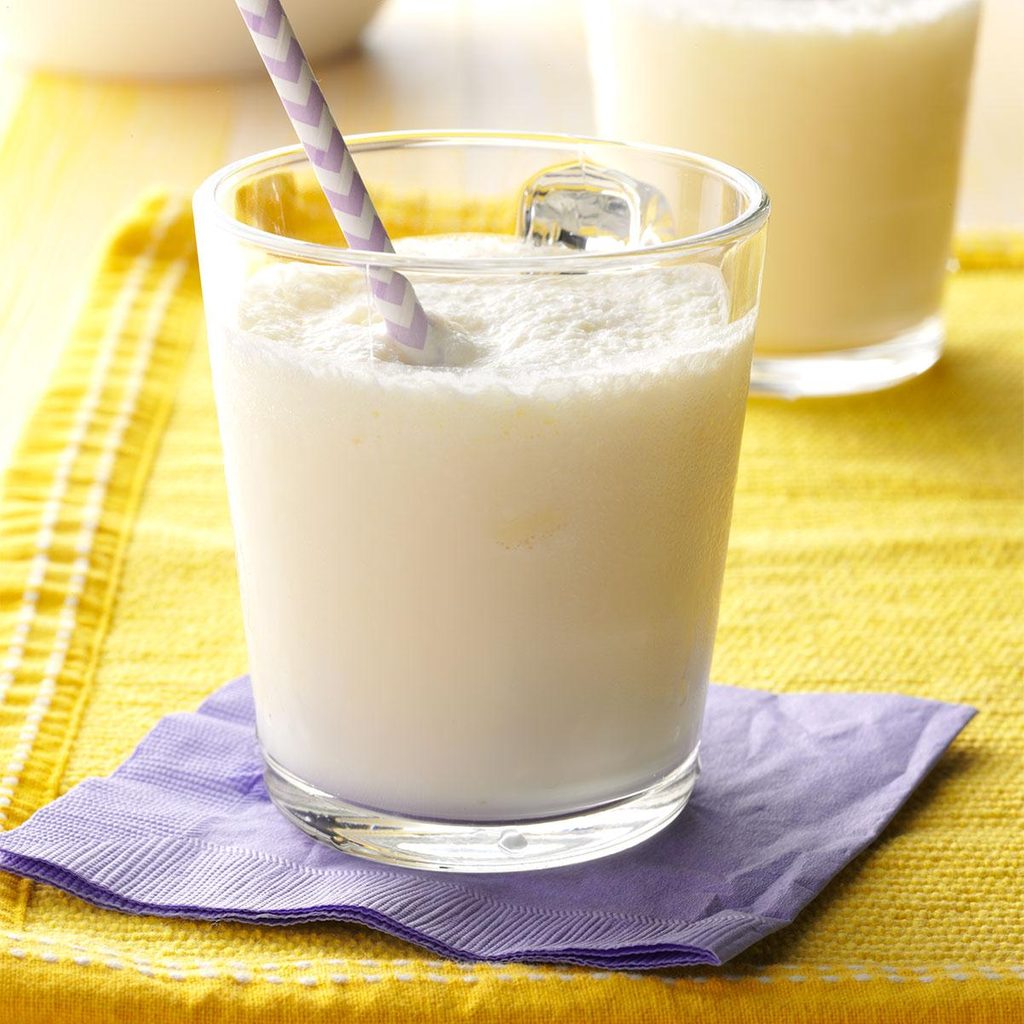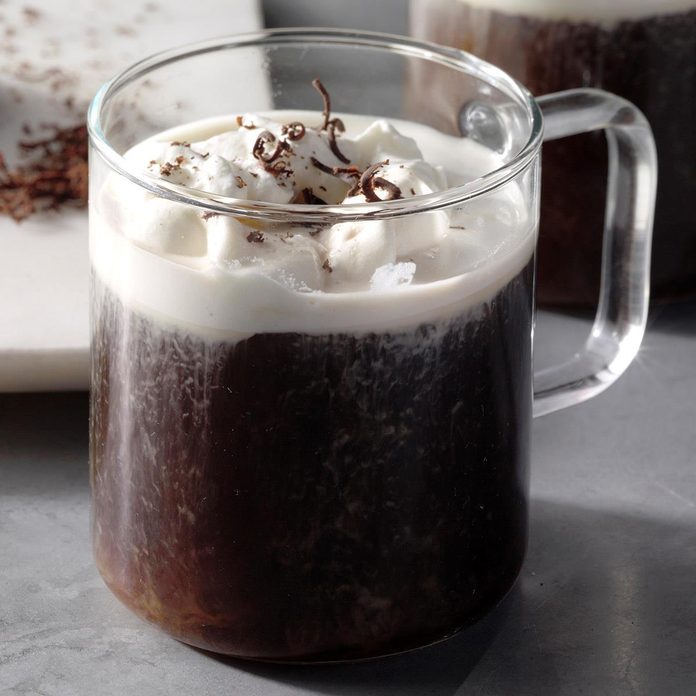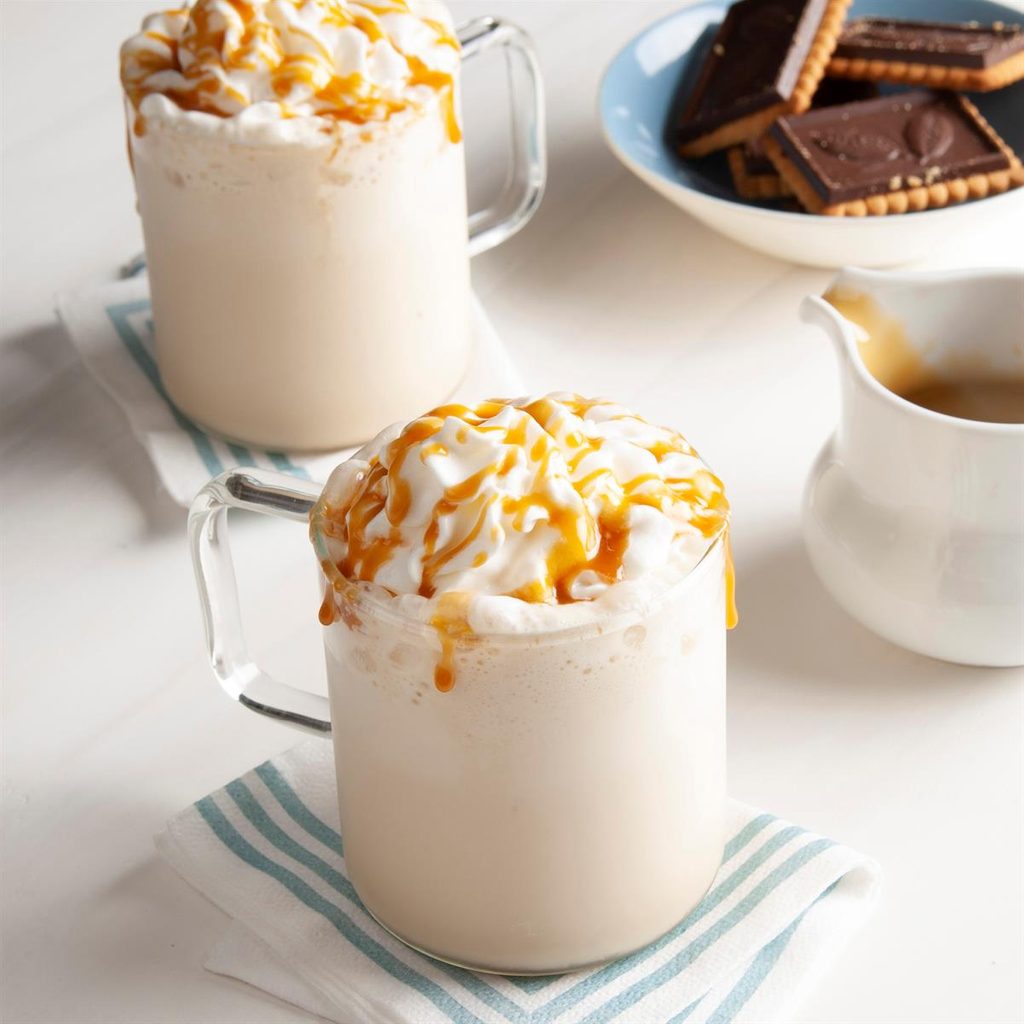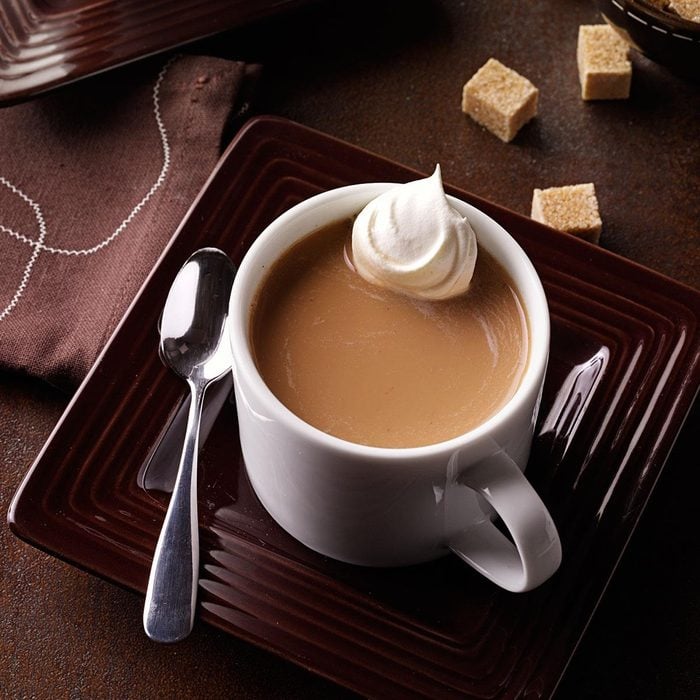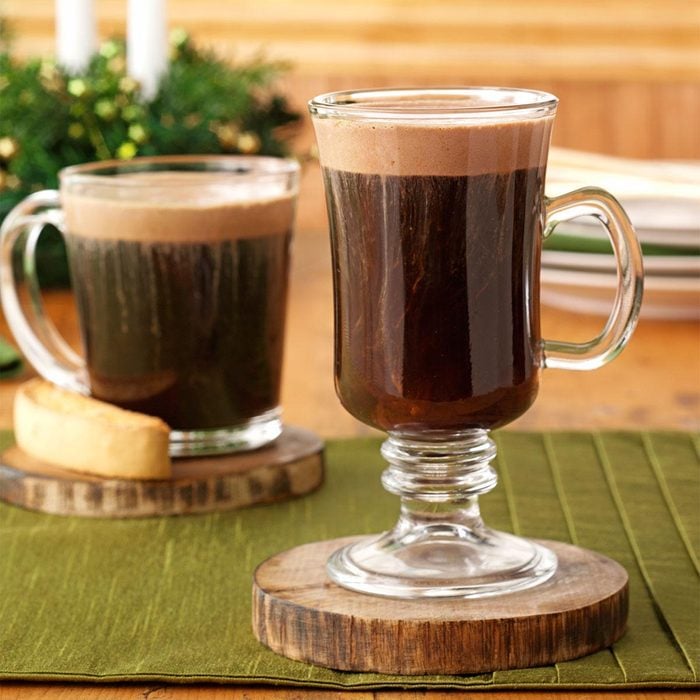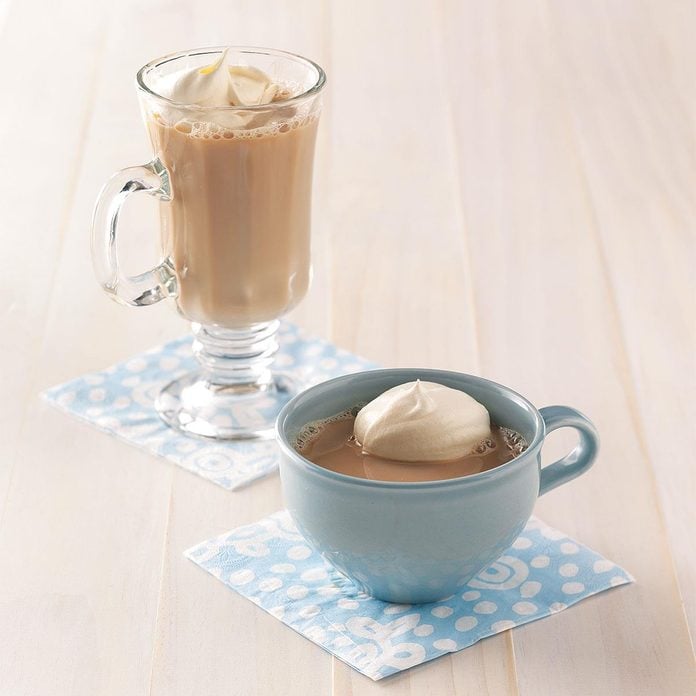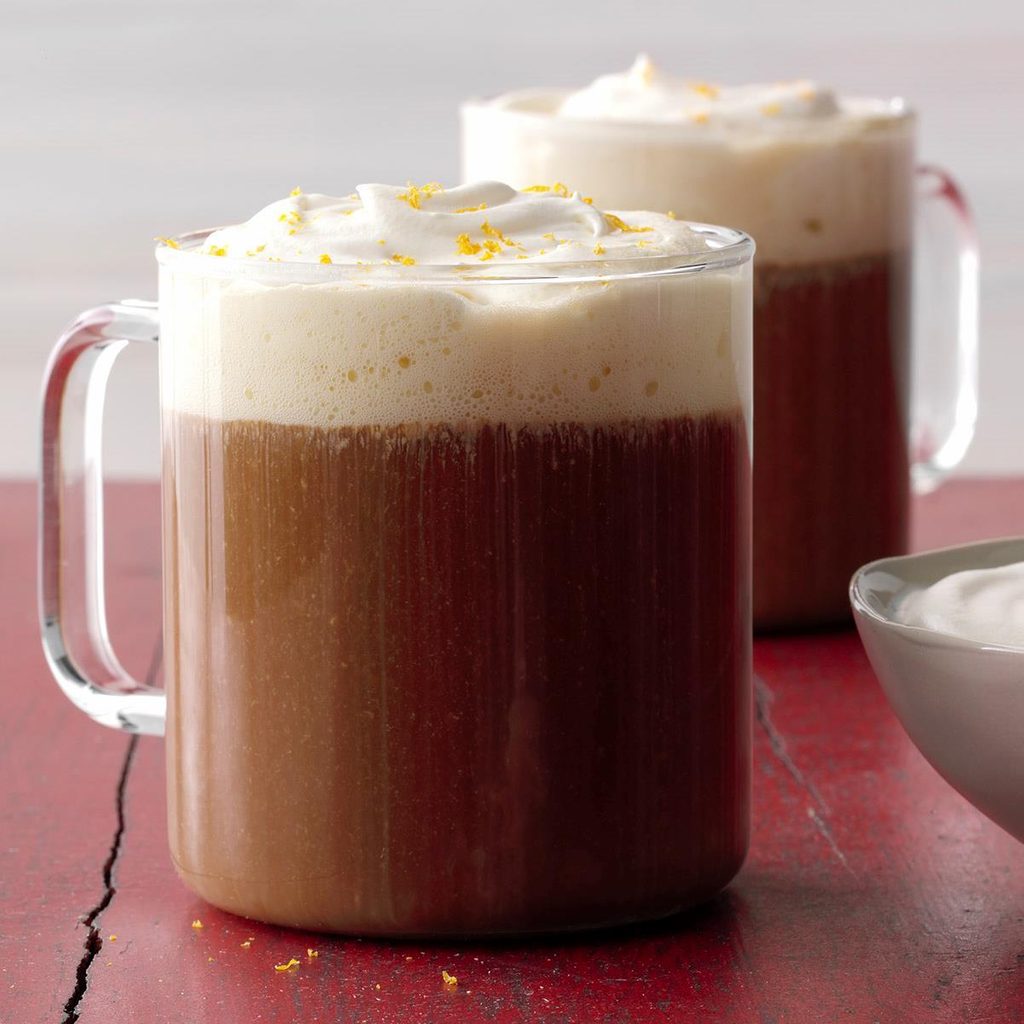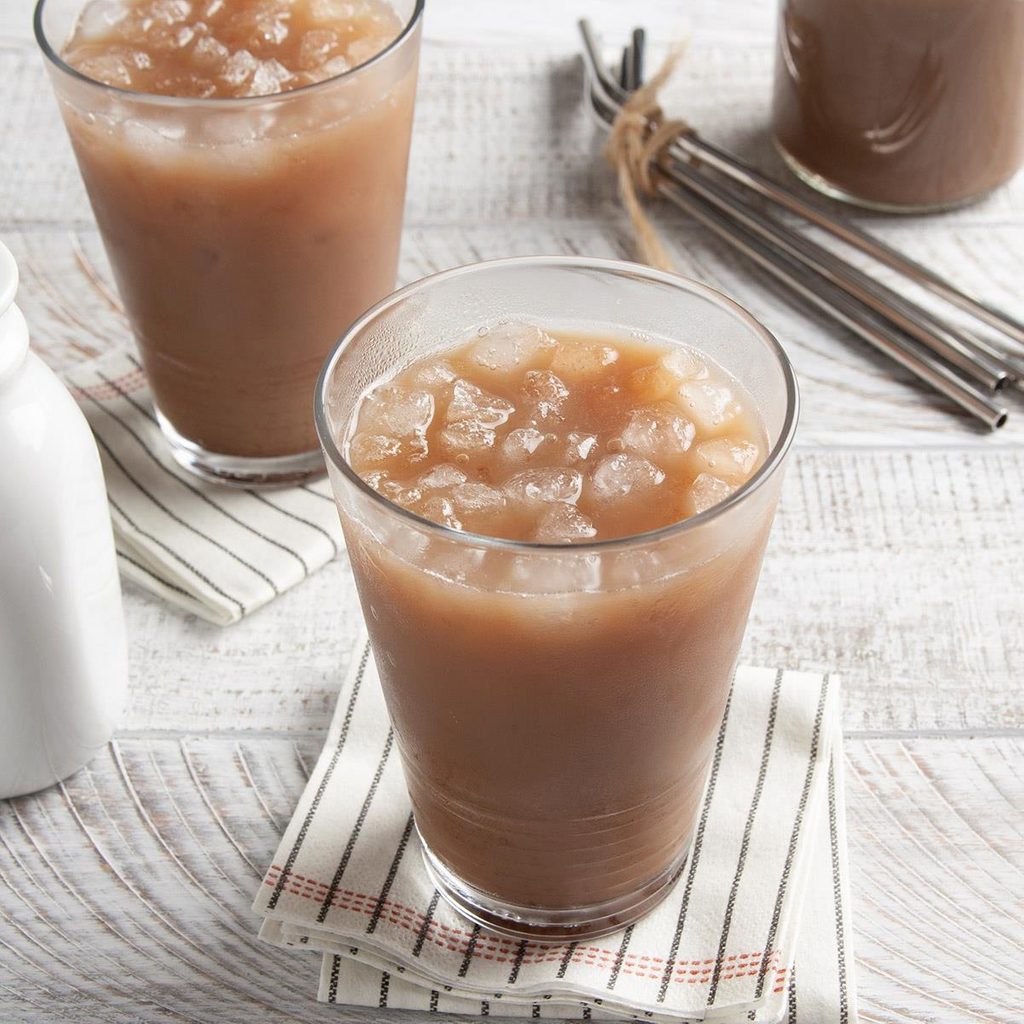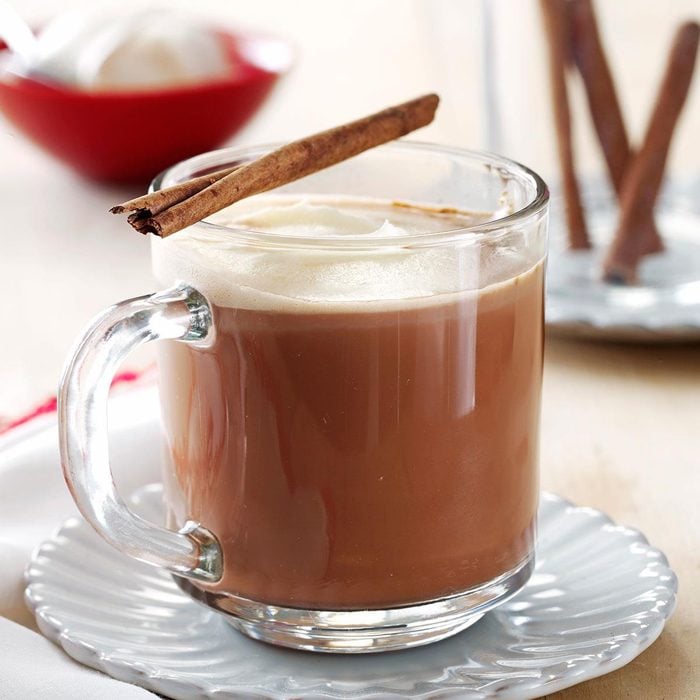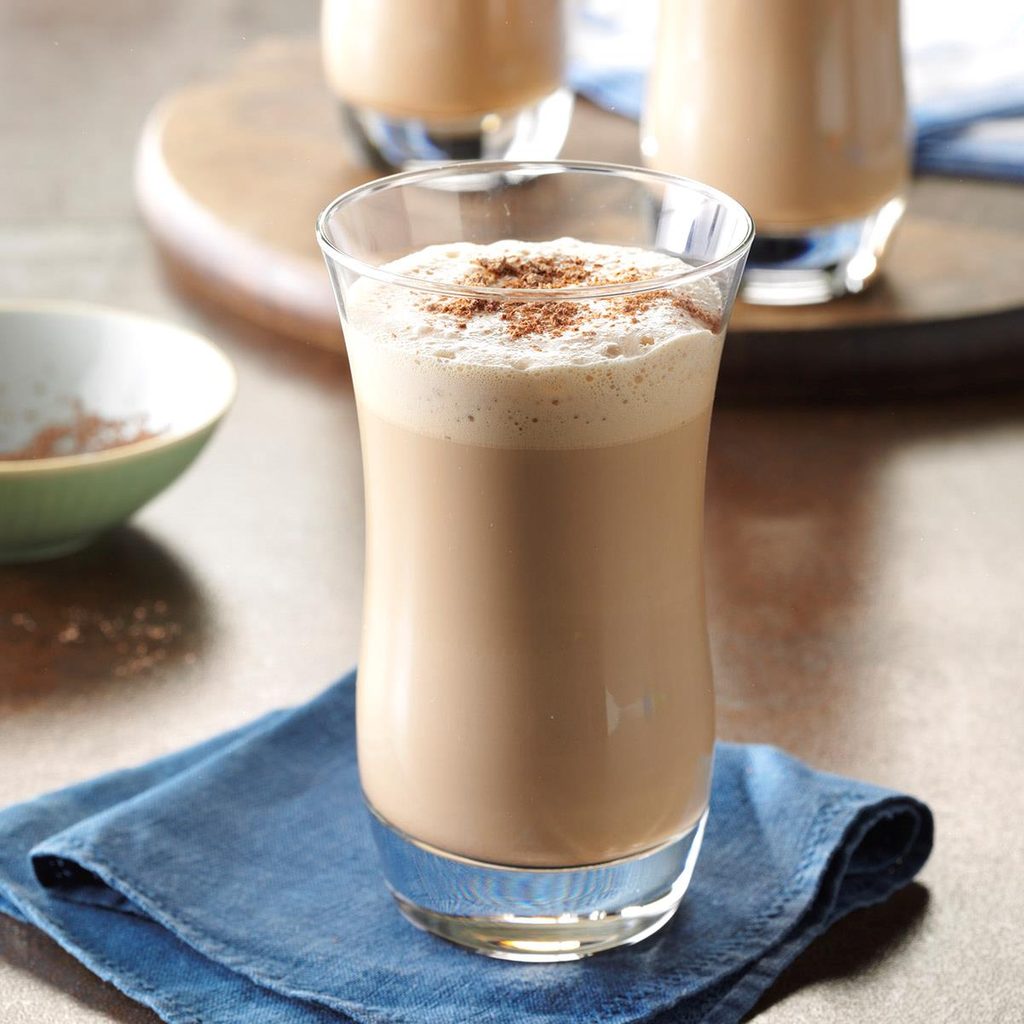What Is Espresso?
Updated: Mar. 21, 2024

You might drink it every day in your lattes or in your macchiatos, but have you ever stopped to wonder: What is espresso?
You know espresso as the caffeine source in your morning latte or cappuccino, but what is espresso, exactly? It’s not quite coffee, right? But it’s so similar. So let’s get down to what’s fueling your morning Americano.
While you’re at it, also explore McDonald’s coffee menu to cater to your caffeine cravings.
What Is Espresso?
Espresso is a concentrated type of coffee made with specially roasted beans and an espresso machine.
Finely ground beans are packed into a portafilter, which is then locked into the base of the espresso machine. Very high pressure (a necessity for espresso) forces water through the packed grounds to pull one- or two-ounce shots of creamy, thick espresso.
So how did this machine come about? While Angelo Moriondo is thought to have the first espresso machine patent, dating back to 1884, his machine could only brew larger quantities of coffee. Luigi Bezzera invented the single-serve espresso machine in 1903 and then sold his patent to Desiderio Pavoni. Bezzera and Pavoni worked together to create a machine much like the ones we see today, and after the 1906 Milan Fair, the espresso machine became more commercially available.
Long story short: Thank you, Italy, for being the birthplace of our favorite way to wake up, our afternoon pick-me-ups and our post-dinner delights. Here are a few tips for making espresso cookies.
How Is Espresso Different from Coffee?
The only real difference between espresso and coffee is in the beans and the brewing methods. Espresso, like we mentioned above, is brewed through high water pressure and finely ground espresso beans. Coffee is brewed a bit slower, with much less pressure and with lighter roasted beans.
Espresso beans are very dark and are roasted longer than regular coffee beans. The long roast time ensures that oils are released from the coffee beans, which will result in the thick, full texture you recognize in an espresso shot. Beans that are roasted for shorter time periods create light, medium and dark roast coffee beans. Those are the beans used to brew classic coffee, French roasts or pour-overs.
For a quick example, even if you brewed espresso-roasted beans in your drip coffeemaker, it wouldn’t be espresso. The coffee would taste very strong because of the extra dark roast, but because there was no high-pressure brewing, the resulting beverage would just be regular coffee.
How Much Caffeine Is in a Shot of Espresso?
A single shot of espresso has about 64 milligrams of caffeine. In comparison, a single eight-ounce cup of coffee has about 92 milligrams.
Most espresso drinks, however, use two or more shots. So while a single cup of espresso won’t pack the same caffeinated punch as a cup of coffee, most café-style drinks will pack more.
Blonde Espresso vs. Regular Espresso
Regular espresso comes from the darkly roasted beans we mentioned above. The resulting brew will be bitter and heavy. Blonde espresso is more of a trendy marketing term, but it’s essentially an espresso bean on the lighter end of the roasting scale. Because it goes through a shorter roasting period, blonde espresso will be less bitter and a bit lighter on the palate.
How to Drink Espresso
If you’re a sucker for cute coffee mugs, then get ready for your newest obsession: espresso cups. They’re the cutest, tiniest mugs, and they’re perfectly aesthetic on your kitchen counter. If you’re head over heels for these cups, you’ll want these espresso accessories too.
The easiest and fastest way to drink espresso is to sip it black. No milk to froth or syrups to mix—black espresso is as classic as it gets. The flavor will be strong and bitter, though, so sip slowly. If the flavor is too bitter for you, you can always make a latte by adding steamed milk or make a cappuccino by adding frothed milk.
For really fun twists on a shot of espresso, you can make a copycat Starbucks Brown Sugar Shaken Espresso or the ever-classy espresso martini.
Popular Drinks Made with Espresso
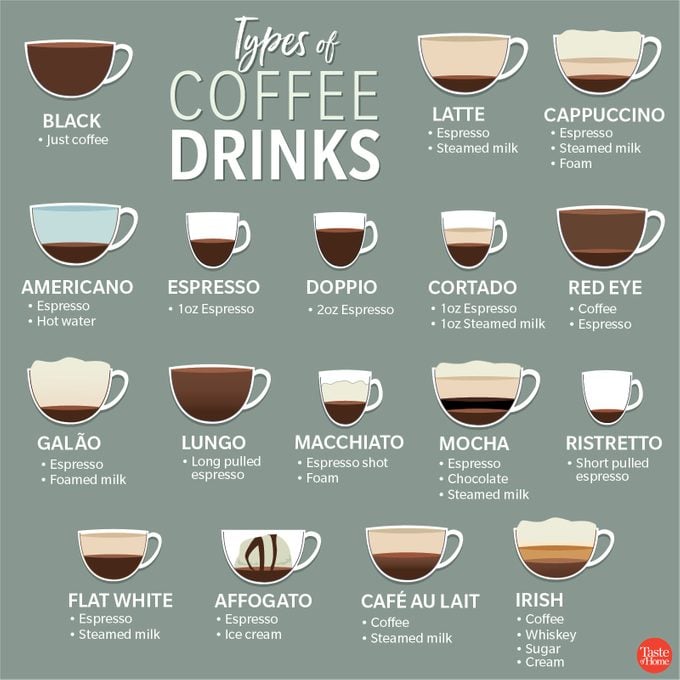
- Espresso: It’s classic and simple—just a shot or two of creamy, thick espresso, enjoyed on its own.
- Americano: If you’ve ever been to Europe, you know the difference between an Americano and a cup of coffee. We Americans love our drip coffee, but it’s really not common in Europe. To accommodate tourists’ tastes, a shot of espresso is mixed with hot water to dilute the strong espresso taste a la drip coffee.
- Latte: Another classic, and always a treat, lattes are a shot of espresso topped with steamed milk. Amp up the sweetness with syrups like vanilla, caramel and hazelnut.
- Cappuccino: A cappuccino is similar to a latte, but it has a higher level of foam topping the steamed milk. The intricate leaves and hearts in latte art are possible because of the small amount of foam resting above the milk. Because there is so much more foam in a cappuccino, the closest you’ll get to cappuccino art is a snow-capped hill.
- Macchiato: A macchiato is the perfect balance of espresso and milk if you’re looking for something close to black espresso, but with a less bitter aftertaste. Unlike the large, creamy caramel-drizzled drink you might find at a coffee shop, a classic macchiato is just a shot of espresso with a dollop of warm milk mixed in.
- Affogato: Think of the affogato as part dessert part post-dinner drink. It’s made with a scoop of gelato with a shot of espresso poured over the top—yum.
- Martini: While this isn’t the typical way to enjoy espresso, we know that espresso martinis are delicious. Make one of these as an after-dinner drink.




















